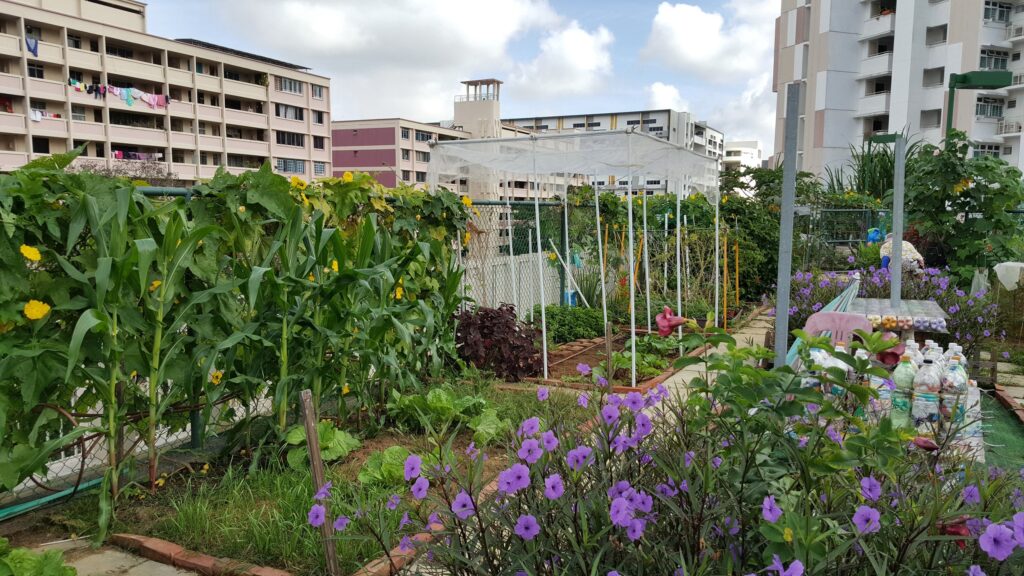
View of the home based roof top farming organic garden with various vegetables an plant.
Rooftop farming represents the epitome of the multiple benefits of urban green infrastructure, writes Luigi Petito for Living Architecture Monitor. Read how urban and rooftop farming could have significant support in the near future from new EU rules.
Rooftop farming is an inspiring topic. It raises interest from across the board including lawmakers, citizens, architects, designers, planners and industry providers of green roof technologies and systems.
After all, who could be insensitive to the opportunity to transform unused rooftops into access to living green areas to grow local, fresh and healthy food? From an environmental perspective, the impact that the deployment at scale of urban farming could have on food related carbon footprint is significant. Emissions could be reduced massively through the combination of reducing food related carbon emissions from transport; and potential changes in food consumption of urban gardeners and local consumers whose diets evolve toward low-carbon choices including a decrease in meat consumption.
Rooftop farming is at the heart of sustainability because it represents the epitome of the multiple benefits of urban green infrastructure. It’s a perfect example of how making changes in one area can have significant co-benefits: emission reductions and health promotion, decentralized rainwater management, energy savings and increased biodiversity, just to mention a few.
Read the full article by Luigi Petito in Living Architecture Monitor.



